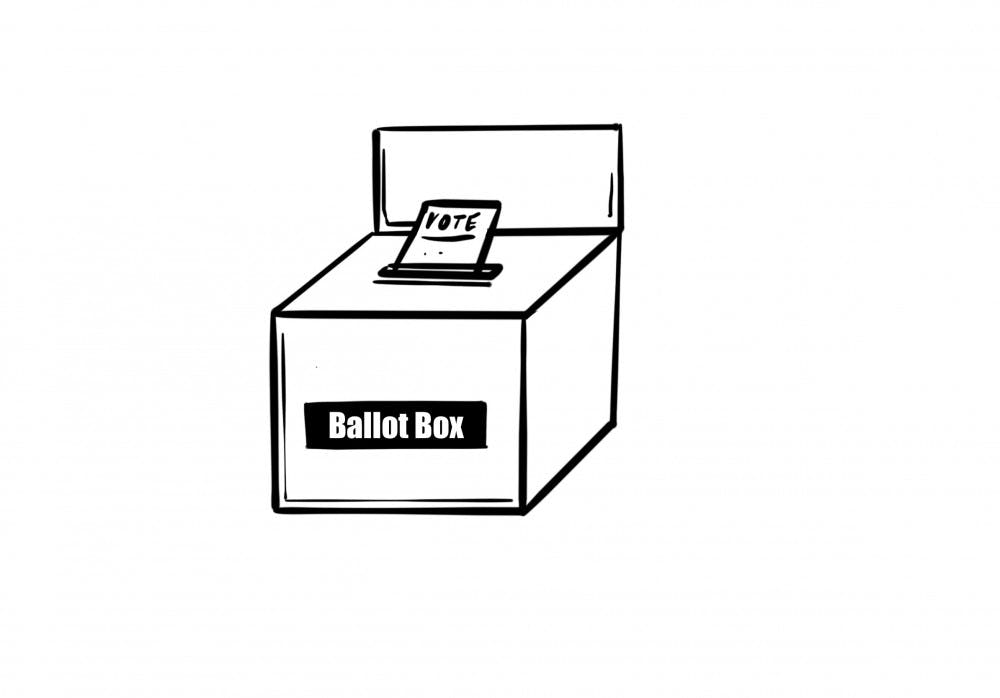The United States Supreme Court rejected a Republican-led effort to maintain a two-witness or notary requirement for mail-in ballots in Rhode Island. This provision had been suspended in July due to coronavirus concerns.
Civil liberties groups, the Rhode Island Secretary of State and many voters have celebrated the Aug. 13 court victory, while state Republican Party members have argued that the process for removing the requirement subverted usual rules.
The ruling allows the Ocean State to preserve its July agreement with advocacy groups — including the American Civil Liberties Union, Common Cause Rhode Island and the League of Women Voters — to eliminate the witness requirements.
The advocacy groups argued that the requirement is unnecessary and dangerous, given COVID-19 social distancing guidelines.
In its denial of the Republican-led stay, the court argued that “the applicants lack(ed) a cognizable interest in the State’s ability to ‘enforce its duly enacted’ laws” since state officials agree with the provision's suspension. Justices Clarence Thomas, Samuel A. Alito Jr., and Neil M. Gorsuch would have granted the application.
The Supreme Court's decision has been lauded by some groups across the state. Advocacy groups, who led the charge to temporarily remove the notary requirement, are among the most vocal proponents. The Rhode Island Secretary of State, who had submitted the consent decree resolving the matter in late July, has also applauded the decision.
“It would put people at risk and therefore, should be suspended during the time of a pandemic,” Steven Brown, executive director of the Rhode Island ACLU told The Herald.
Rhode Island Secretary of State Nellie Gorbea described the requirement as unreasonable, stating that “your health should never be a price of admission for your democracy.” Secretary Gorbea, who supported the suit, emphasized the importance of the decision. “This was a really great victory for voters in Rhode Island and throughout the U.S. because the case is already being used as precedent,” Gorbea told The Herald.
The Rhode Island Republican Party, which filed the emergency application to the high court with the Republican National Committee, registered disappointment and surprise at what they described as an “unusual decision.”
Sue Cienki, the Rhode Island Republican Party Chairperson, said the party took issue with the way the provisions were removed. Cienki argued that, according to Rhode Island law, only the General Assembly has the right to change election law. She believes that the consent decree and eventual high court ruling skirted the legislative process needed to make such a change.
Cienki pointed to a decision made earlier this summer concerning Alabama election law as an example of precedent. In that case, the Supreme Court held that similar security provisions in Alabama were constitutional.
Secretary Gorbea disagreed with these claims. “We are in a time of a pandemic; there are all sorts of laws that are being put on hold right now to protect the safety of Rhode Islanders. While the legislature was not able to pass the law in the time period that it had, they certainly didn’t file any position contrary to what we were doing,” Gorbea said, adding, “we need to give people options to keep everybody safe.”
Furthermore, Gorbea said that the difference between the Rhode Island and Alabama cases was that state officials in Rhode Island did not oppose the changes. She argued that this made the circumstances different.
Characterizing the ramifications of the decision as “insane,” Cienki said that R.I. GOP “believe (that) in 1978 … the General Assembly passed these security provisions because there was mail ballot fraud.” According to Cienki, ballot fraud was one of the primary concerns behind the Republican Party’s decision to go to court.
John Marion, Executive Director of Common Cause Rhode Island, disagreed with the concern over fraud. “There hasn’t been any prosecuted fraud of that type in Rhode Island in recent memory. The public interest of allowing people to vote far outweighed the deterrent of actual fraud,” he said.
Gorbea summed up the decision as primarily an issue of expanded access and choices in a time of significant strain. “We need to give people options during this pandemic to make sure we keep voters safe, election officials safe and that everybody who can vote does vote.”

ADVERTISEMENT




